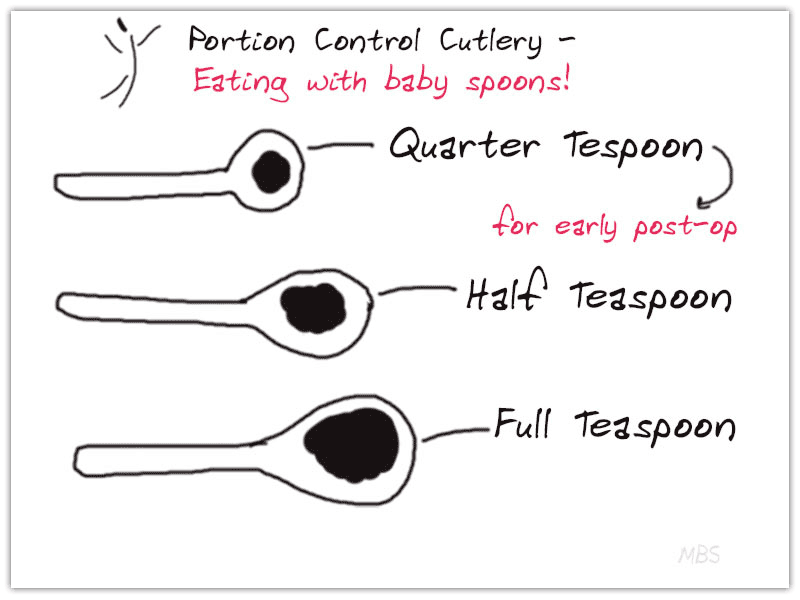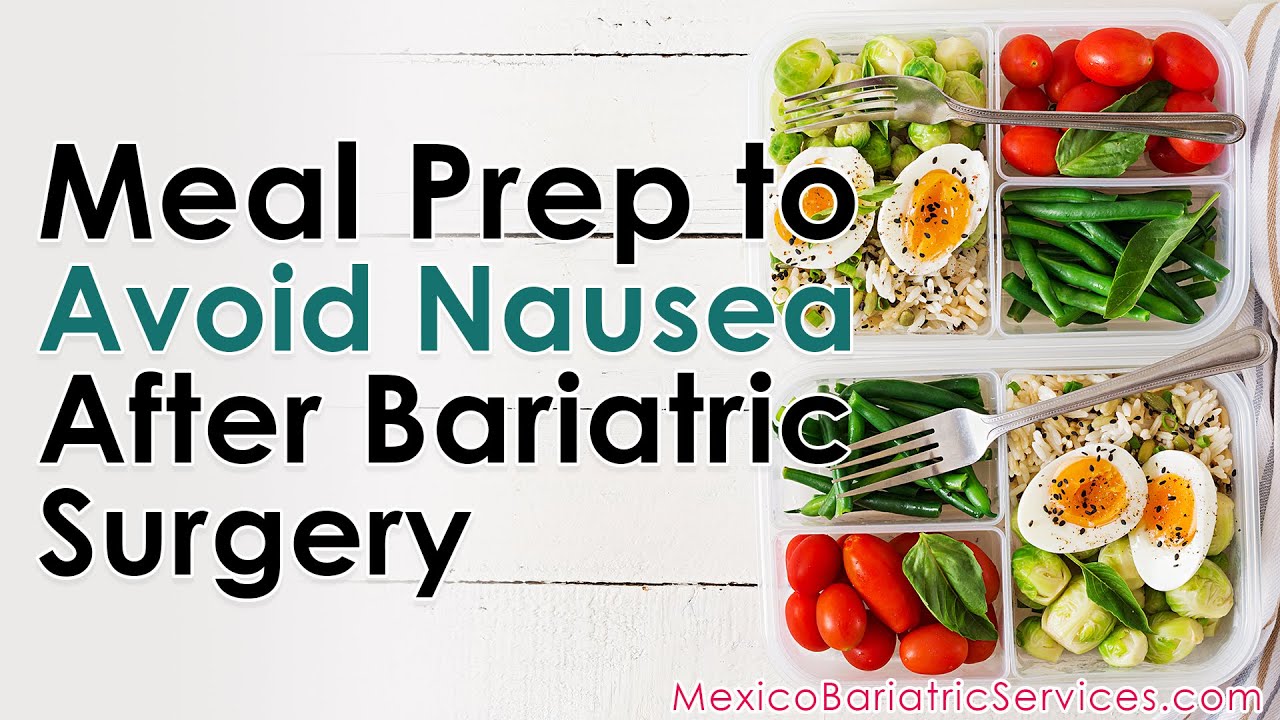What to Do for Nausea After Bariatric Surgery?
Medically Reviewed by Katelyn J. Mock, US-Registered Dietician (R.D.)
Reasons for Nausea After Weight Loss Surgery
- If you are early post-op and have nausea after bariatric surgery, it could be because of sensitivity to anesthesia
- It could also be because you eat very quickly.
- If you’ve had gastric bypass, nausea and vomiting might be a symptom of stricture (stenosis).
- If with nausea you experience an increased heart rate, dizziness, or abdominal cramps, you may be having dumping syndrome.
Tips to Overcome Nausea After Bariatric Surgery
- If you have chronic nausea, one thing to do is go to your primary health care physician and have your labs drawn.
- They will check your B Vitamins as well as B12, folic acid and your iron levels just to make sure that everything is as it should be.
- After most patients are 12 months or more out from surgery and have had normal labs, going to have your labs drawn once a year is acceptable.
- After surgery, your body can go through different hormonal changes.
- Various gastrointestinal enzymes and hormones are normally released in different quantities than prior to surgery and this adjustment can lead some individuals to have increased nausea or sensitivity to certain foods or smells in the initial post op period.
- Make sure that you are taking the recommended vitamins and minerals regularly to help prevent some of the nausea.
Exercise Portion Control
- Other tips to prevent or reduce nausea include having small portions.
- Start with 1/4-1/3 cup at meals.
- Be cautious and eat slowly, having no more than 1-2 bites per minute.
- It can be helpful to get a clock with a second hand or use the stopwatch on your smart phone to help with this initially.
- Remember to have small bites of food or sips of liquids.
- Using the visual of a dime for solid food and a teaspoon for liquids can help to gauge how much to put in your mouth at one time.
- Choose soft, moist foods at meals for increased tolerance.
If You are Sensitive to Anesthesia
- If it’s because of sensitivity to anesthesia, you can email your bariatric surgeon for a recommendation for OTC or go see your PCP for a prescription.
Prevention of Strictures
The University of Rochester Medical Center recommends the following to prevent strictures (especially after gastric bypass):
- Quit smoking
- Strictly follow the bariatric diet guidelines provided by your doctor
- Discuss the use of use of aspirin or nonsteroidal anti-inflammatory medicines (NSAIDS) with your bariatric surgeon
Tips for Dumping Syndrome
Check out things that help prevent dumping syndrome. Here is a detailed article on nausea because of dumping syndrome after bariatric surgery.
Our bariatric nutritionist explains ways to prevent nausea after bariatric surgery in the video at the top.
Raw Fruits and Vegetables to Prevent Intolerance
- After bariatric surgery, when you are about 8 weeks along is where we can start to incorporate more raw vegetables and some fruits.
- So, literally I have a Clementine here, as you can see it is about the size of my palm. I peeled it and then cut each of these in to at least four small pieces.
- Here is my dime; you can literally see how big it is compared to my dime.
- Same thing with the cucumber, this is a great vegetable to start with when you are ready to incorporate raw foods back in. This is pretty mild but you may want to peel it initially and cut the seeds out. Now, this is an English cucumber and so these seeds are pretty small, very well tolerated and very mild. But for a regular cucumber you will want to take these seeds out.

Appropriate Size for Chopped Vegetables and Fruits to Prevent Nausea
- So, again you can see it is about the size of a dime maybe even smaller.
- Thickness wise, it is probably maybe two dimes thick so you can see it is still pretty small.
- Now, oranges, clementines, I do not know if I would start off with that, I would probably do more like a banana, peaches, pear, those are all pretty well tolerated.
- Then the peppers, this is another one that is pretty well tolerated initially. Again, as you can see pretty small compared to my dime!
- I would even put this dime on the counter so you can use it as a visual. I mean it is always good to just compare quick before you put a bite in your mouth to see how big something is.
Importance of Baby Spoons for Tolerating Food Better
Also, spoons, you may, if you do not have a young child in your life, want to go out and invest in some baby spoons. They are pretty cheap!
So, you can see they are about a half or a quarter of a teaspoon; this is compared to a regular spoon which is about a teaspoon full of liquid that you could fit on there. So, I would stick with these sizes. You could also just pick up the measuring spoons and use these if you want.
This first one, small one is quarter teaspoon and this is half a teaspoon and this one is a full teaspoon. So, as far as sipping fluids, I would probably stick to the half teaspoon to a full teaspoon at most.
If you are really early post-op, you might want to stick to a quarter teaspoon sips. So, anyways, I hope this helps give you an idea for how small you really want things to be.

How to Be Sure About the Sizes
Again, keep these dimes on the counter, just to kind of help as a visual and if you want to keep using your own spoons and do not want to buy any, that is fine.
Get some measuring spoons out, again, just to have them on the counter as a visual and a constant reminder for the sizes of sips you want to be aiming for!”
This Post Addresses
- vomiting after bariatric surgery
- retching after gastric sleeve
- biliousness after weight loss surgery
- puking after WLS




Great